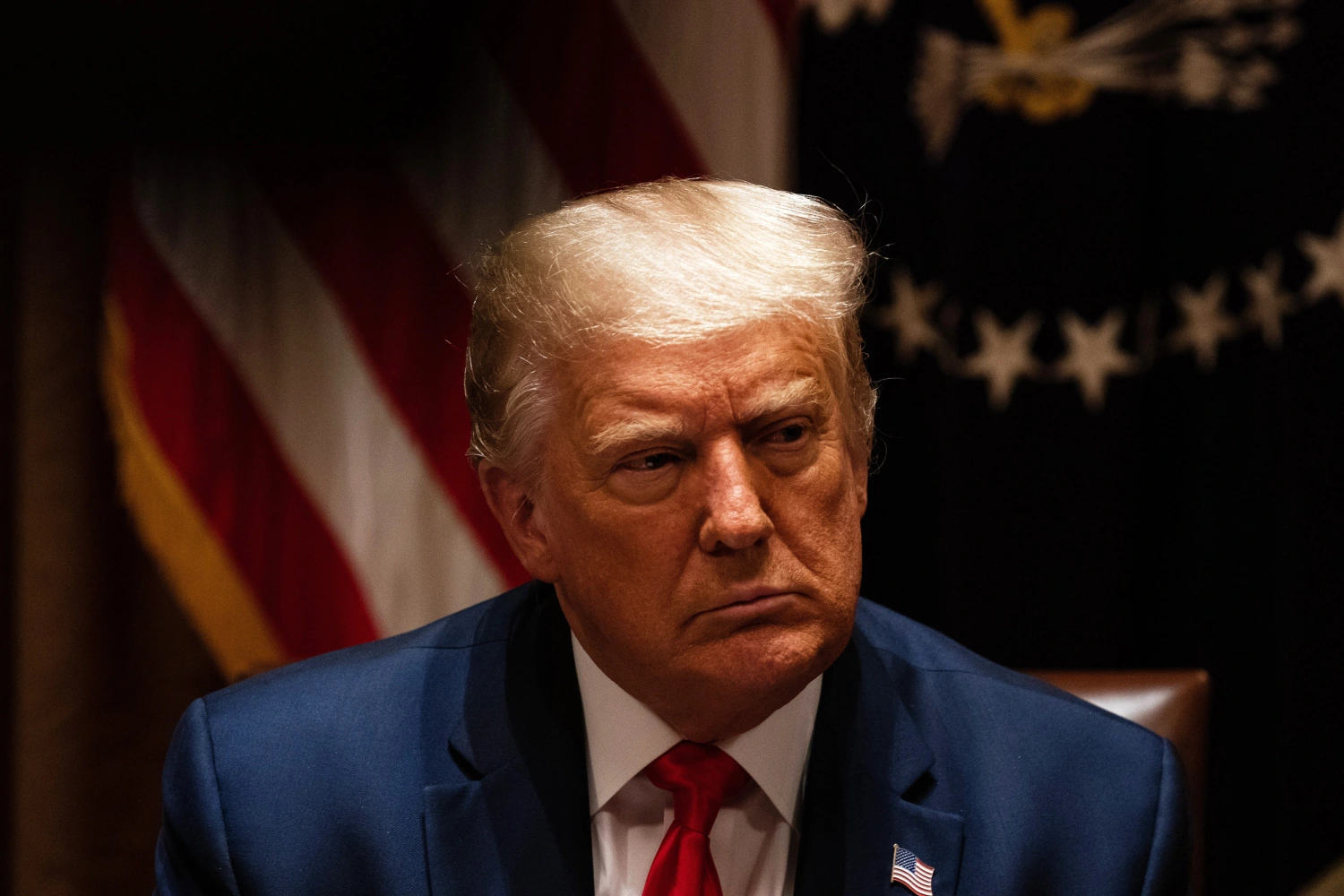U.S. President Donald Trump announced in an Oval Office signing ceremony on Monday (January 20) that his administration will impose a 25% tariff on imports from Mexico and Canada, effective February 1. This marks a significant shift in North American trade policy that could lead to higher prices for American consumers.
Canadian Foreign Minister Mélanie Joly said they “will continue to work on preventing tariffs” but said they are also “working on retaliation.”
Throughout his campaign, Trump made it clear that he intended to impose tariffs on goods made overseas, particularly targeting China, Mexico, and Canada —America’s three largest trading partners. These tariffs, potentially affecting everyday products like sneakers, cars, furniture, and more, could lead consumers to adjust their purchasing habits as prices rise due to the additional levies.
New Tariffs Could Impact Household Budgets
While tariffs are not a new concept to Americans—Trump implemented them on metals and key materials during his first term—the new round of tariffs he has threatened could have a far-reaching impact on household budgets.
Many consumers may not fully grasp how many items could see price hikes as a result of these duties, especially since proposed tariffs on products from China, Mexico, and Canada, would likely have the most direct effect on U.S. shoppers.
Will Tariffs Impact U.S.-Mexico-Canada Trade?
In the previous year, the U.S. imported $475 billion worth of goods from Mexico and $418 billion from Canada, together making up 30% of the value of all U.S. exports, according to federal trade data. In return, the U.S. exported $354 billion in goods to Canada and $322 billion to Mexico, comprising a third of the total value of U.S. exports. The tariffs President Trump plans to impose on these two countries could prompt retaliatory tariffs, potentially impacting U.S. businesses and raising costs for domestic producers.
Trump’s argument for tariffs, first voiced during his initial presidential campaign, centers on the belief that they will boost U.S. manufacturing, create jobs, and enhance national security. These views are not unique to Trump— former U.S. President Joe Biden and other Democrats have also supported more limited tariffs for similar reasons.
Trump Delays China Tariffs, Targets Trade Practices
On Monday, Trump refrained from announcing specific tariffs on China. Instead, he directed his administration to tackle unfair trade practices worldwide and to investigate whether Beijing had adhered to an agreement made during his first term.
Retailers Brace For Impact Of Tariffs
Despite the potential benefits for the domestic economy, retailers are facing significant risks. Tariffs would create extra costs for businesses, which would likely need to be absorbed by the companies, shared with producers, or, more commonly, passed on to consumers in the form of higher prices. Retail experts and executives, including those from major trade groups like the National Retail Federation and the Consumer Technology Association, have warned that these tariffs would essentially act as a tax on American businesses and consumers.
Threat Of A Trade War Looms
Chinese Vice Premier Ding Xuexiang, speaking at the World Economic Forum in Davos, Switzerland, on Tuesday (January 21) cautioned that “there are no winners” in a trade war, as China’s economy faces the prospect of tariffs under Trump’s newly inaugurated administration.






